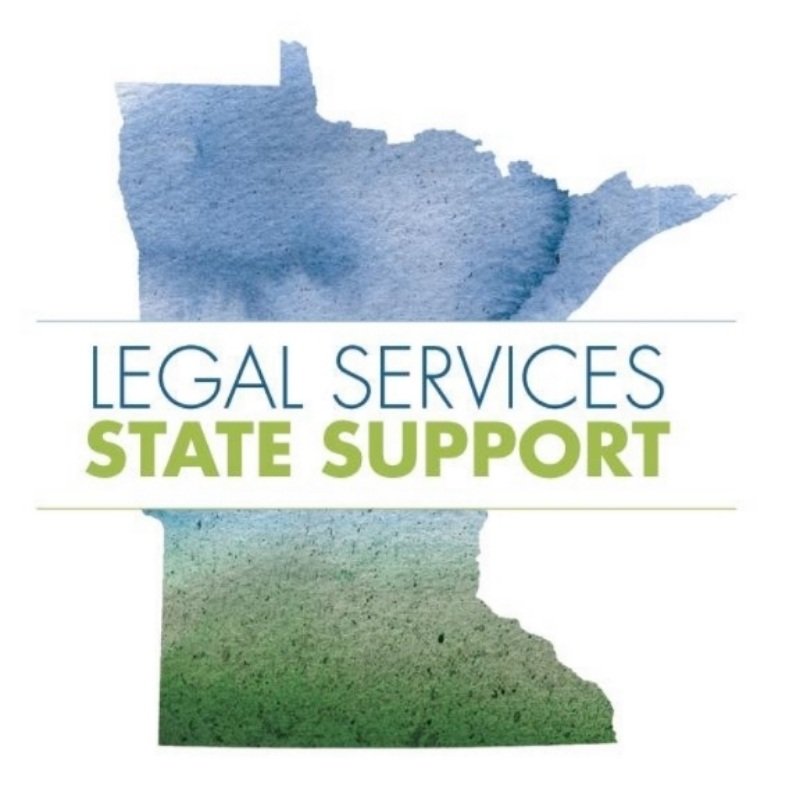Southern Minnesota Regional Legal Services (SMRLS) recently prevailed for a Somali-speaking couple who were charged an overpayment of more than $27,000 in child care assistance by Washington County. When the COVID-19 pandemic started, the husband stopped working as a driver for Uber and Lyft because of the governor's stay-at-home order. When the initial ten-day order was extended, he decided not to return to work because both he and his spouse were high risk for COVID. The family pulled their children out of daycare and did not ask the provider to hold their spot.
The family moved from Anoka County to Washington County on April 1, 2020. The client reported both the move and the end of his job on the 9th day after the move and the 13th day after the permanent end to his employment. The child care worker failed to act on the report that he was no longer working. The financial worker in Anoka County, and later, workers in Washington County, requested proof that he was no longer working. The proof that satisfied the county did not arrive until July.
Normally, child care assistance closes if a provider bills for more than ten consecutive absent days. But under DHS guidance interpreting the governor's Executive Order 20-12, either a family or a provider could request an absent-day extension due to COVID-19. The provider continued to bill, first, Anoka County and then Washington County for absent days without the knowledge or consent of the family.
Washington County finally realized its error when the family reached its recertification in September 2020. It charged an overpayment of six months of child care assistance for six children, on the basis that the client was not in an authorized activity. Overpayments for absent days are normally not chargeable to recipient households, but one statutory exception is if a household does not "timely" report a change.
SMRLS first pointed out that after a permanent end to employment, the household was entitled to three months of extended eligibility under Minn. Stat. § 119B.105, subd. 1. Washington County agreed, but this still left an overpayment of more than $14,000.
SMRLS took the remaining overpayment to an administrative hearing. Washington County provided previous appeal decisions that reduced overpayments in similar situations. But those decisions relied on the agency-error overpayment language in Minn. Stat. 256J.08, which by its terms does not apply to child care assistance.
SMRLS argued that charging the overpayment to the family was improper because the family did not benefit from the overpayment as defined in Minn. Stat. § 119B.11, subd. 2a(b), "by causing the family to pay less for child care expenses than the family otherwise would have been required to pay under child care assistance program requirements." But DHS's Child Care Assistance Program Manual purports to apply a different test, defining a "benefit" as “[i]f CCAP paid for more care than the family was eligible to receive,” and furthermore instructing counties to assign the overpayment to the family except in a limited set of circumstances.
The Human Services Judge recommended reversing the overpayment on the basis that the family did not benefit as defined under the statute, and also under Minn. Stat. 256J.08. The Co-Chief Human Services Judge modified the decision to reverse the overpayment based entirely on SMRLS' argument that because the family neither used child care services nor requested absent day payments so the provider would hold their spot, the family did not benefit as defined by the statute. The Co-Chief Human Services Judge explicitly held that the Manual was not consistent with the statute.
For more information, contact Ben Weiss, ben.weiss@smrls.org.

